There are a lot of Mt. Shasta myths, but after doing research, the one that interests me the most is the myth about the city of Lemurians. In case you haven’t heard it, it goes like this…
Beneath the 14,179-foot-tall Mt. Shasta is a complex world of tunnels and a hidden city called Telos, the city of lights, home of a community of beings called the Lemurians. They lived on the island continent of Lemur until it was engulfed under the waves of the Indian Ocean thousands of years ago. Other theorists think the Pacific Ocean may have helped flood the island continent also. Some claim there were survivors of the catastrophe. People have seen 7 ft tall creatures with long flowing hair on Mt. Shasta who they believe are the descendants of the Lemurians who survived the destruction of their homeland.
Lowell Johnson, in July of 2020 through August 2020, was hiking on Mt. Shasta and claimed to have seen Lemurians and where they live. He had sat down to rest, drink water and eat some grapes when all of a sudden, his phone shut off. Then an opening appeared in the mountain and a tall blond man appeared. He introduced himself as Alex and offered to show him Telos. Johnson took his offer. They boarded a levitating platform and Alex showed him the underground city with white pyramids. Being inside a mountain, Telos was built on different levels. The first level contained houses for a large percentage of the people, public administration buildings and temples. On the second level was production, manufacturing, and school facilities. The fifth level was a park-like atmosphere including, trees and lakes. Plants and animals that disappeared from the surface long ago lived on the fifth level. Every sentient being and all the animals were vegetarian, they didn’t eat each other so no one had to fear any other being. The Lemurians were preparing to come out to the humans, and they needed help when the time came which they stated was going to happen soon. Whether this myth is true or not it’s one of the most interesting ones yet.
Maliah Harris is a twelve-year-old entrepreneur and goofy pre-teen with big opinions. She attends Churchill County Middle School


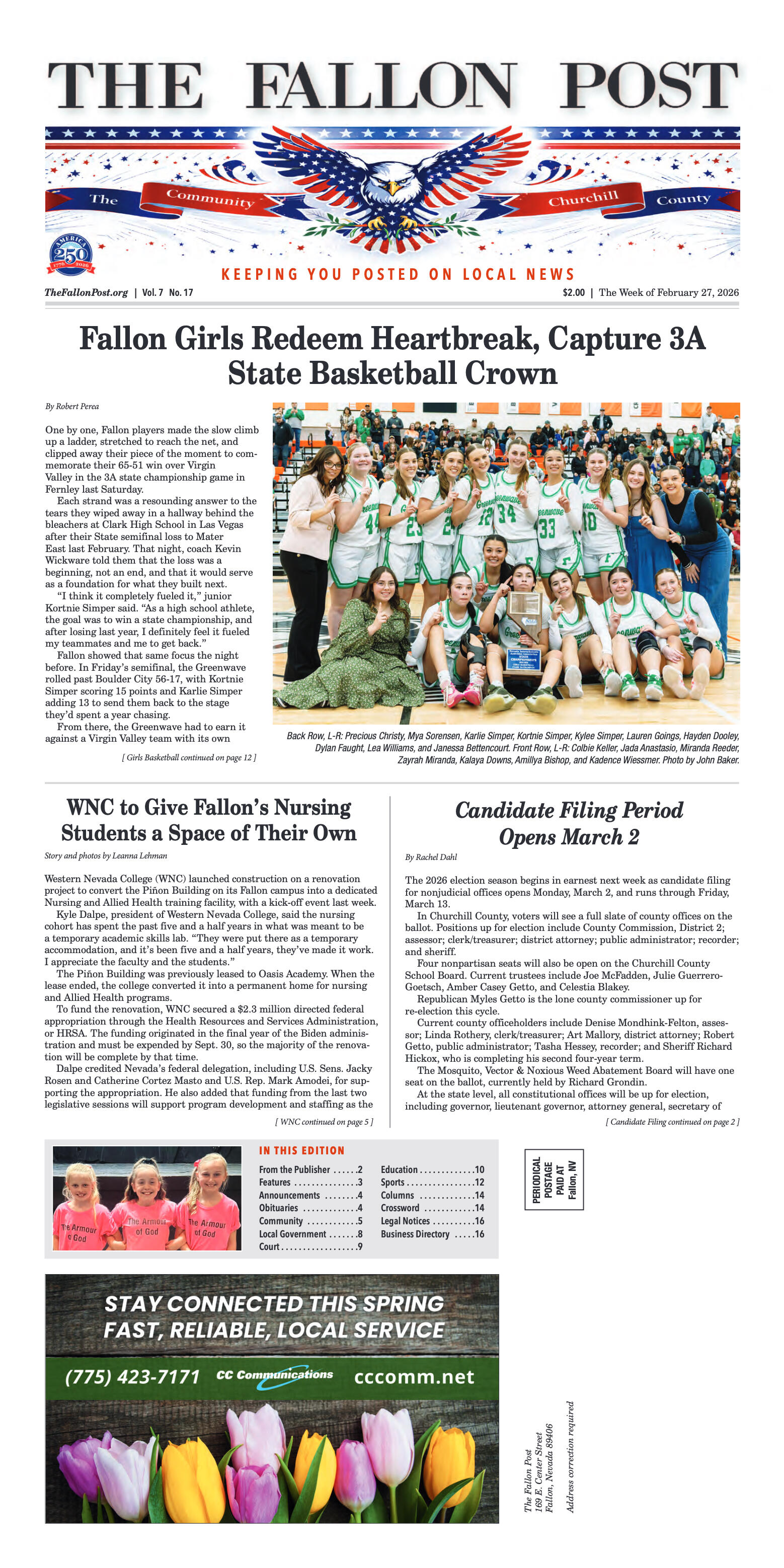
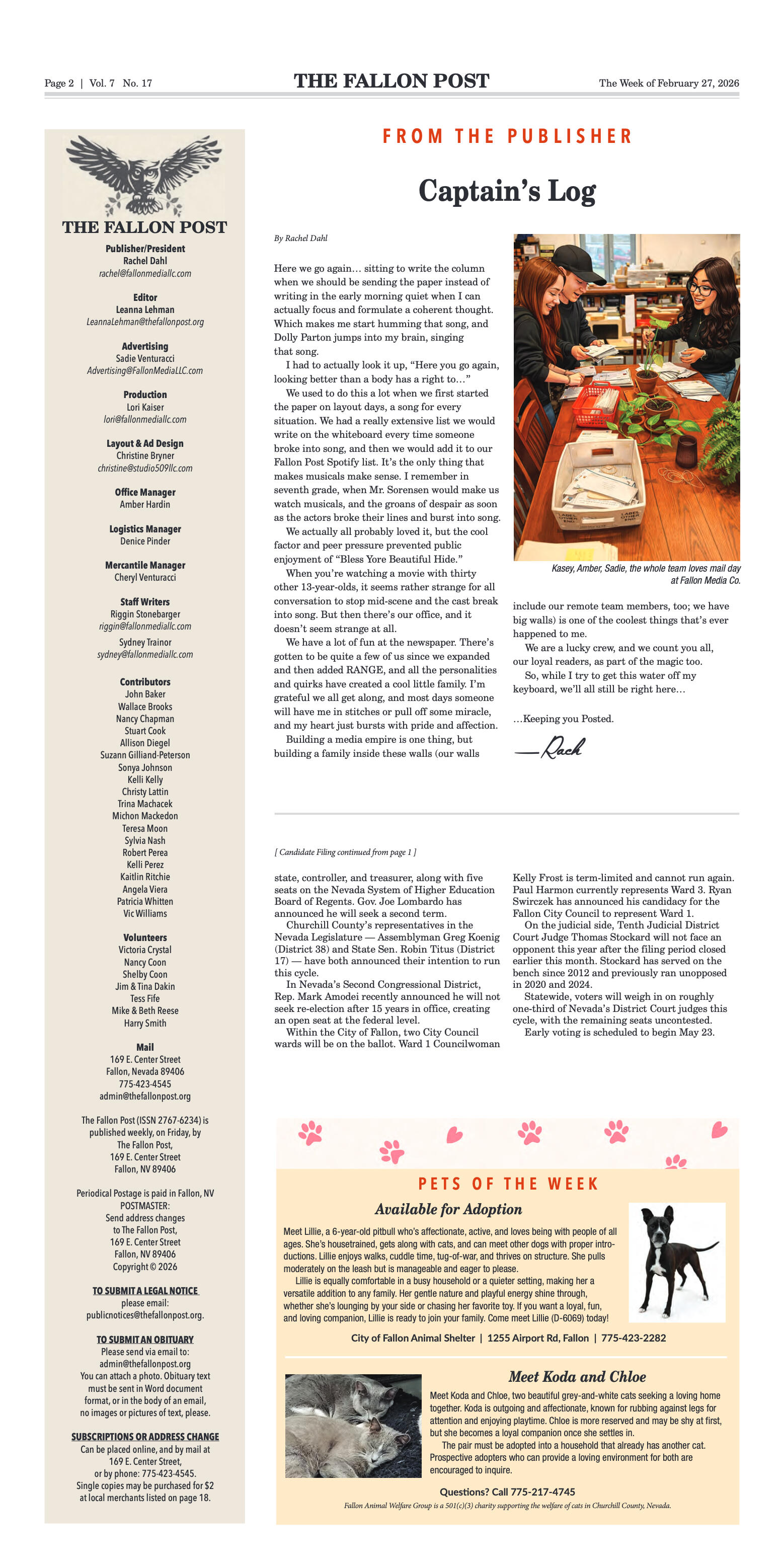
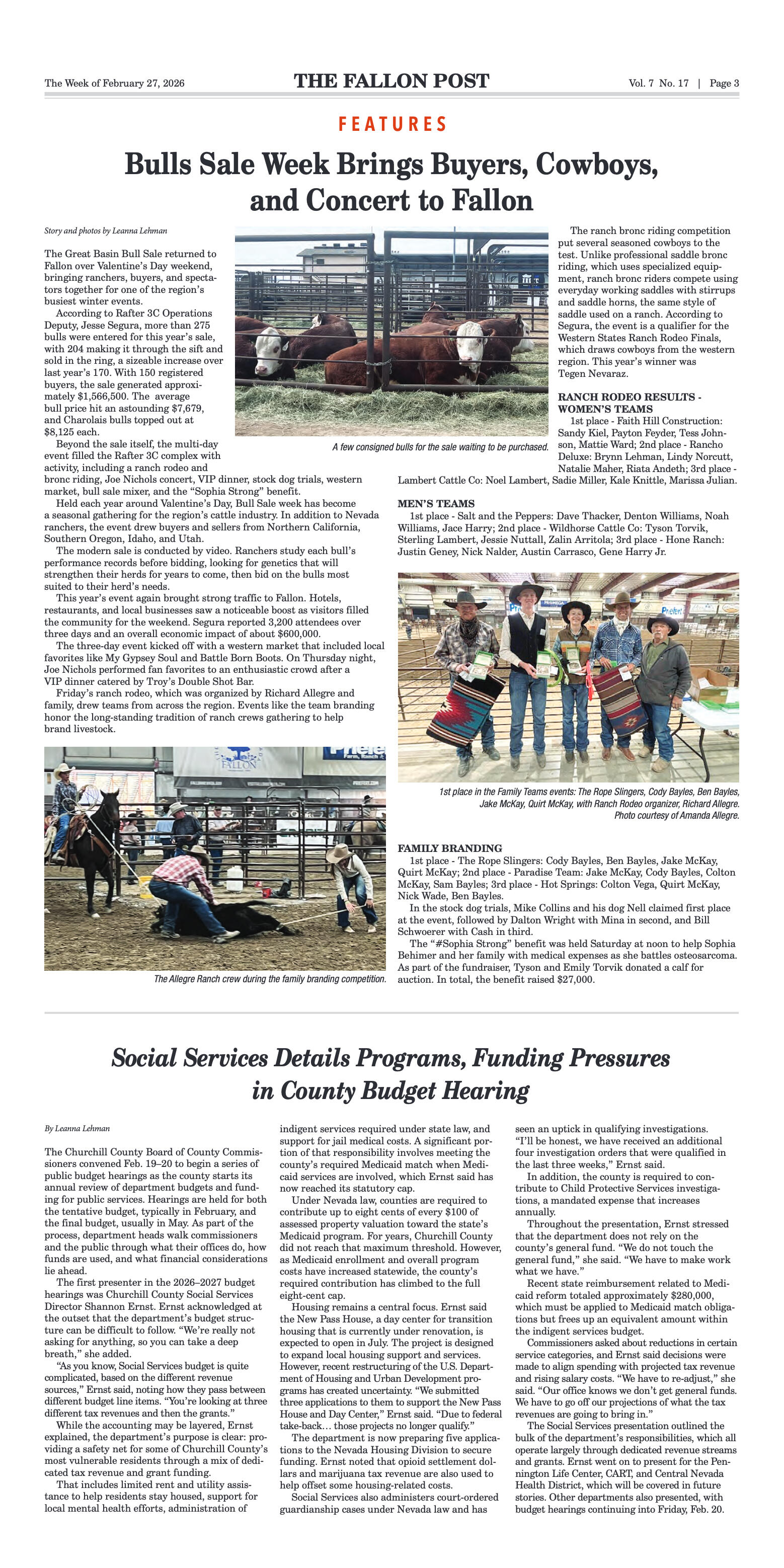
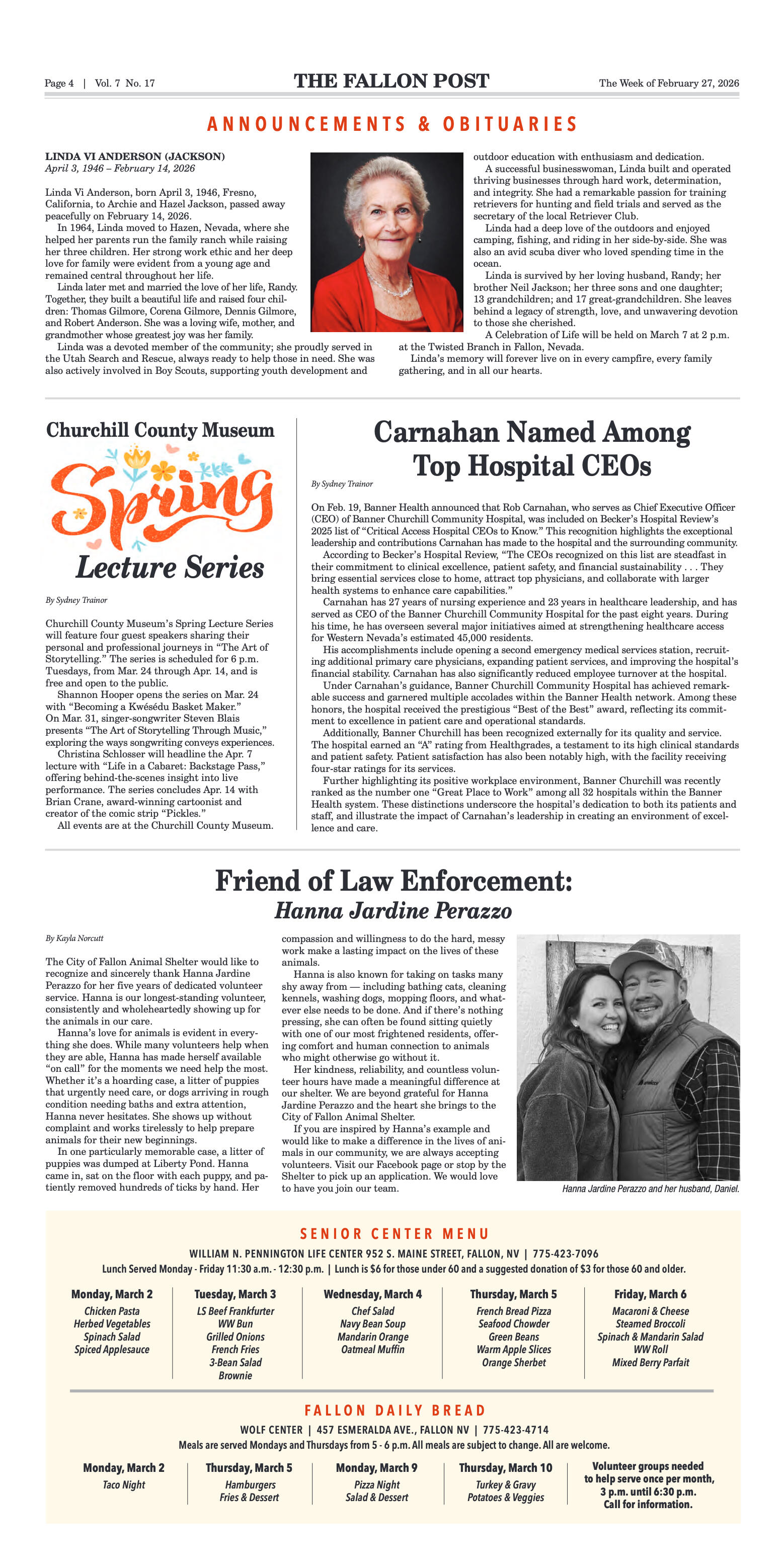
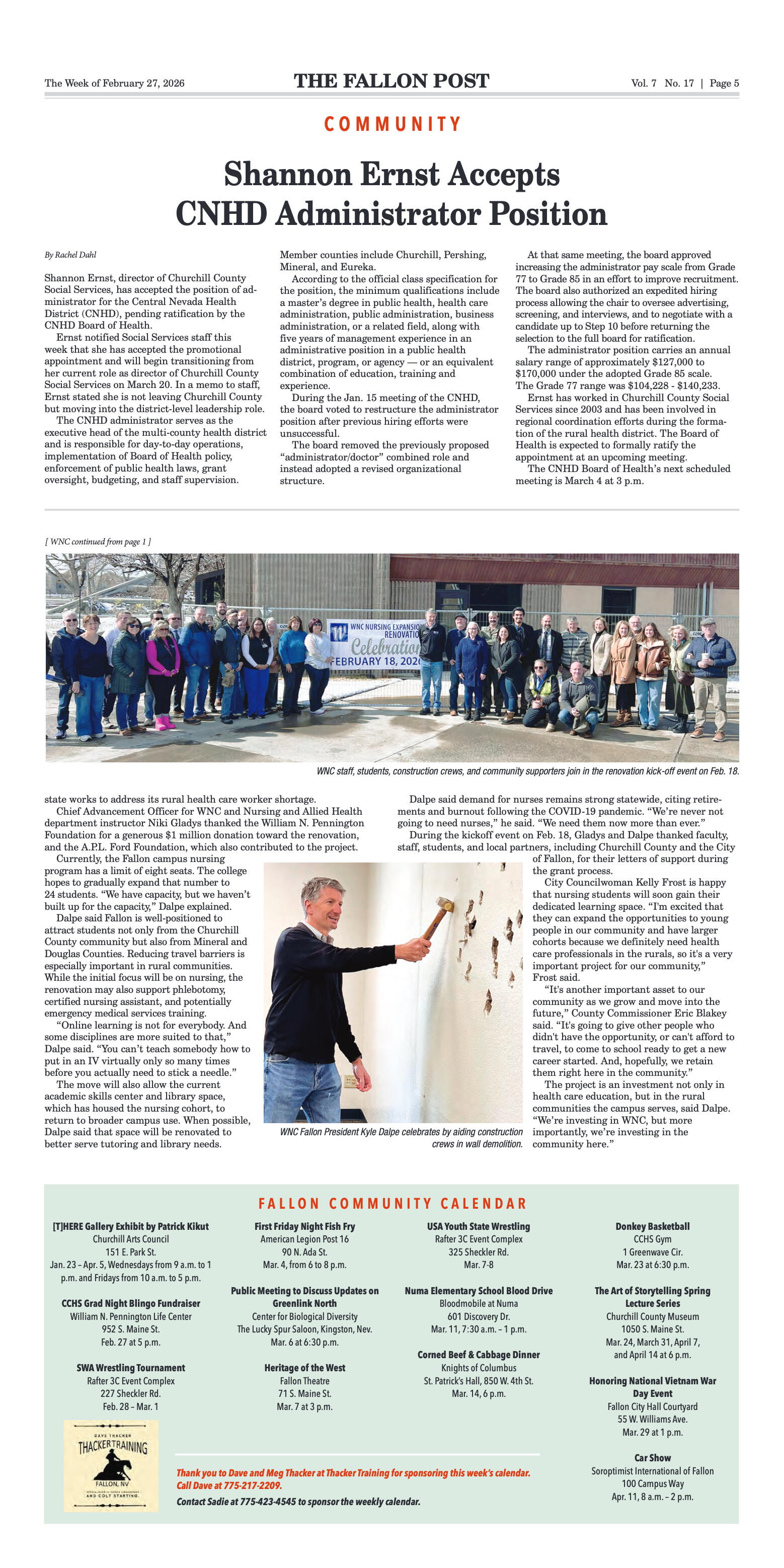
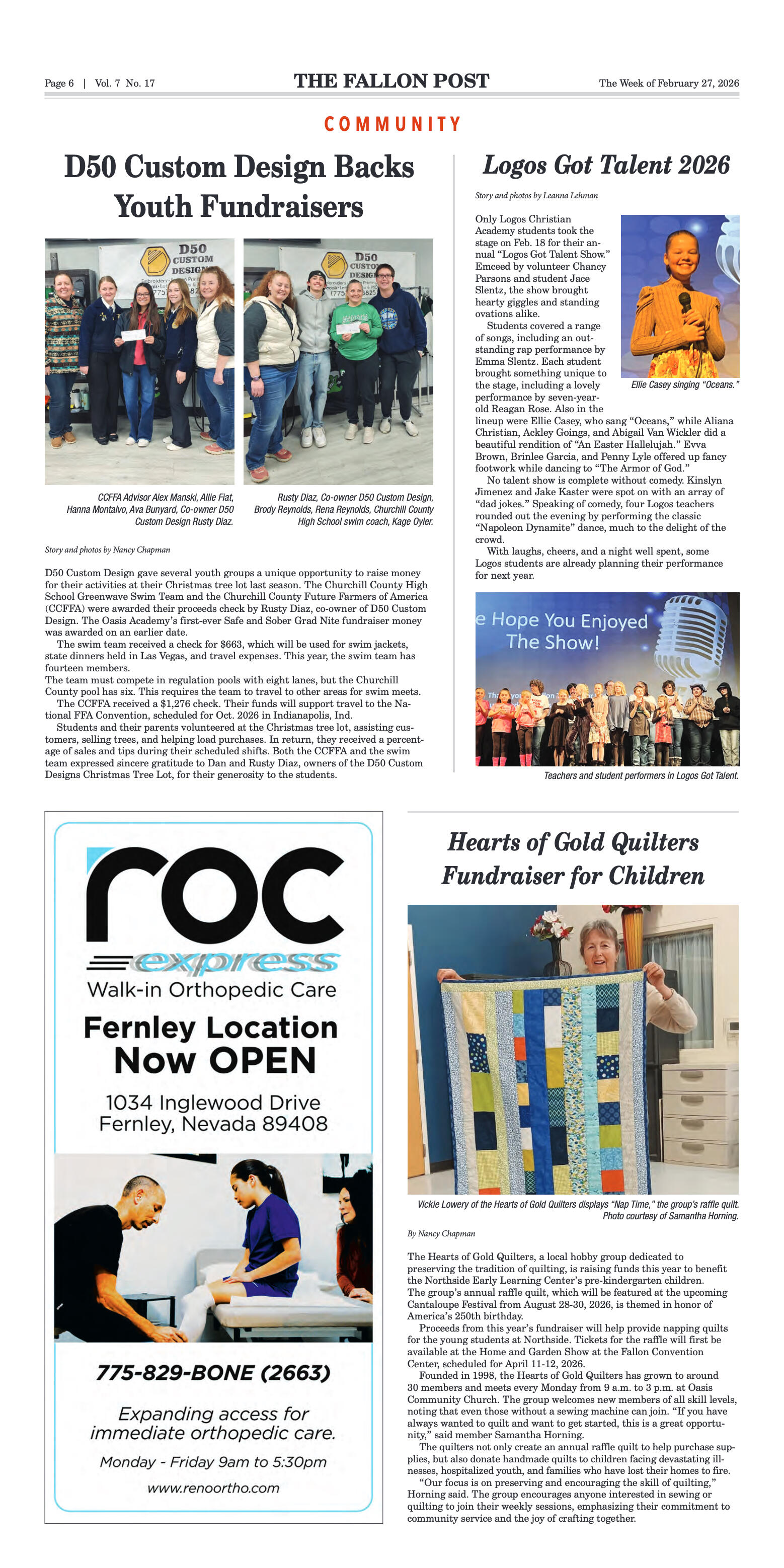

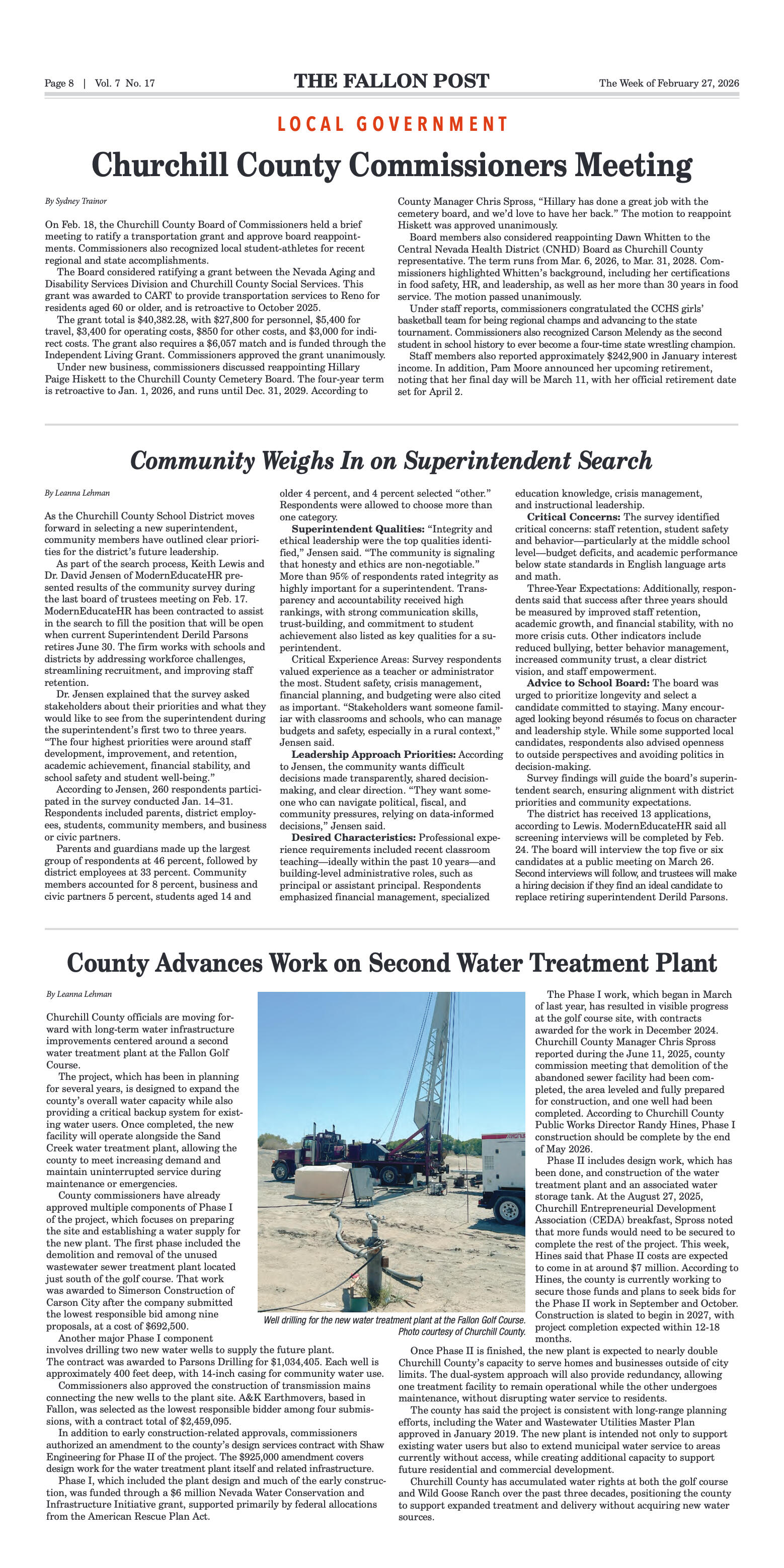
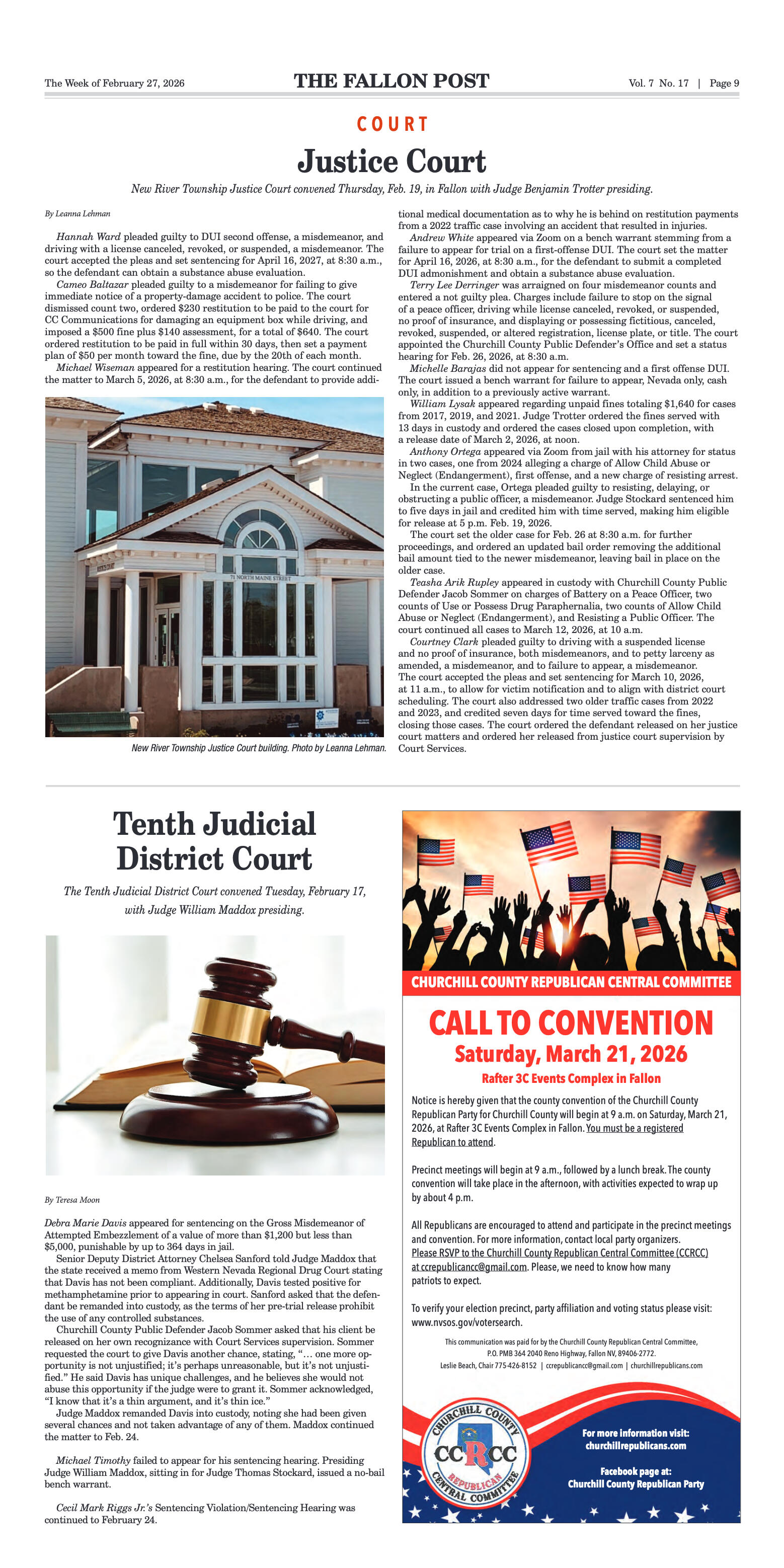
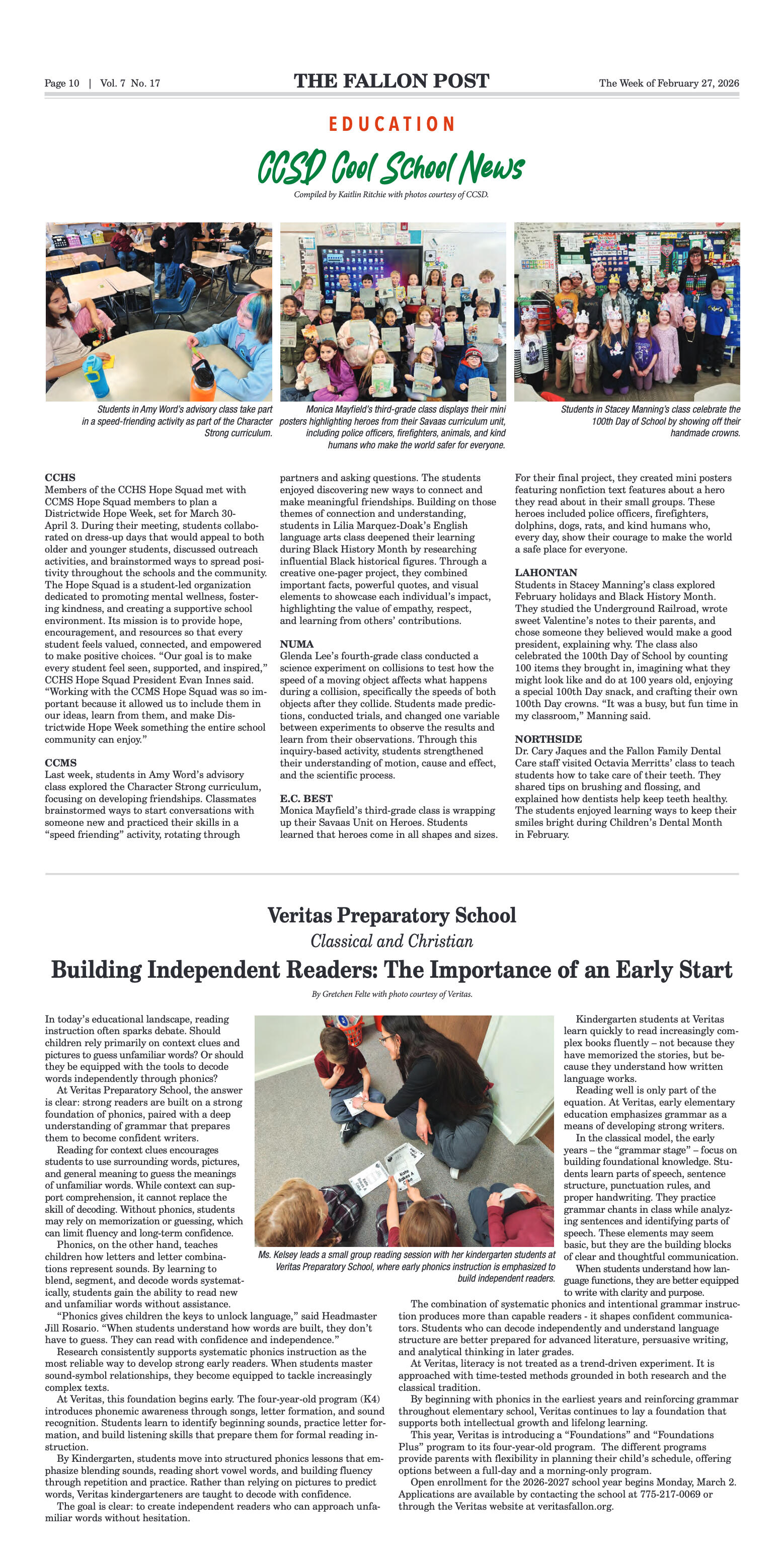
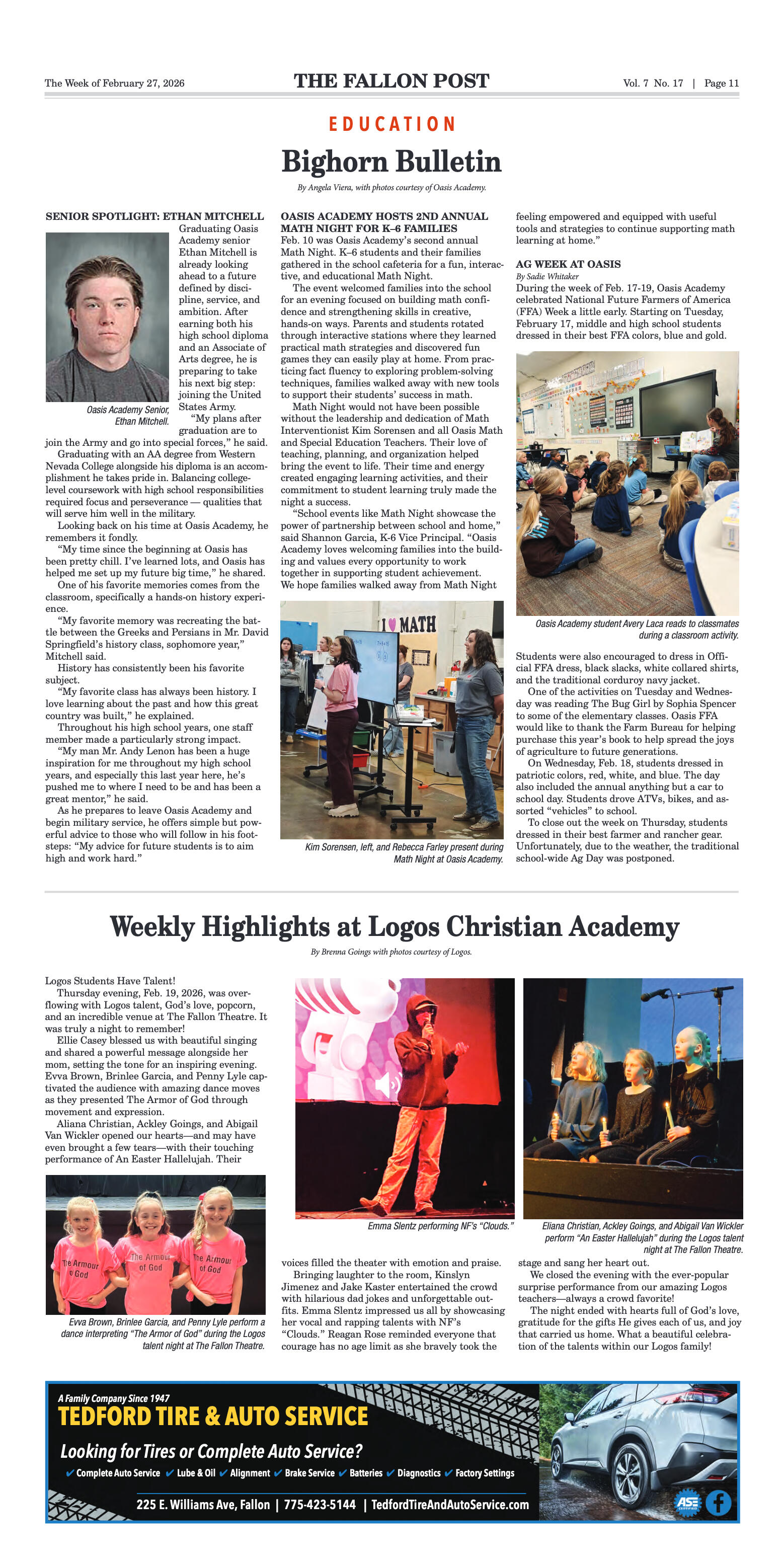
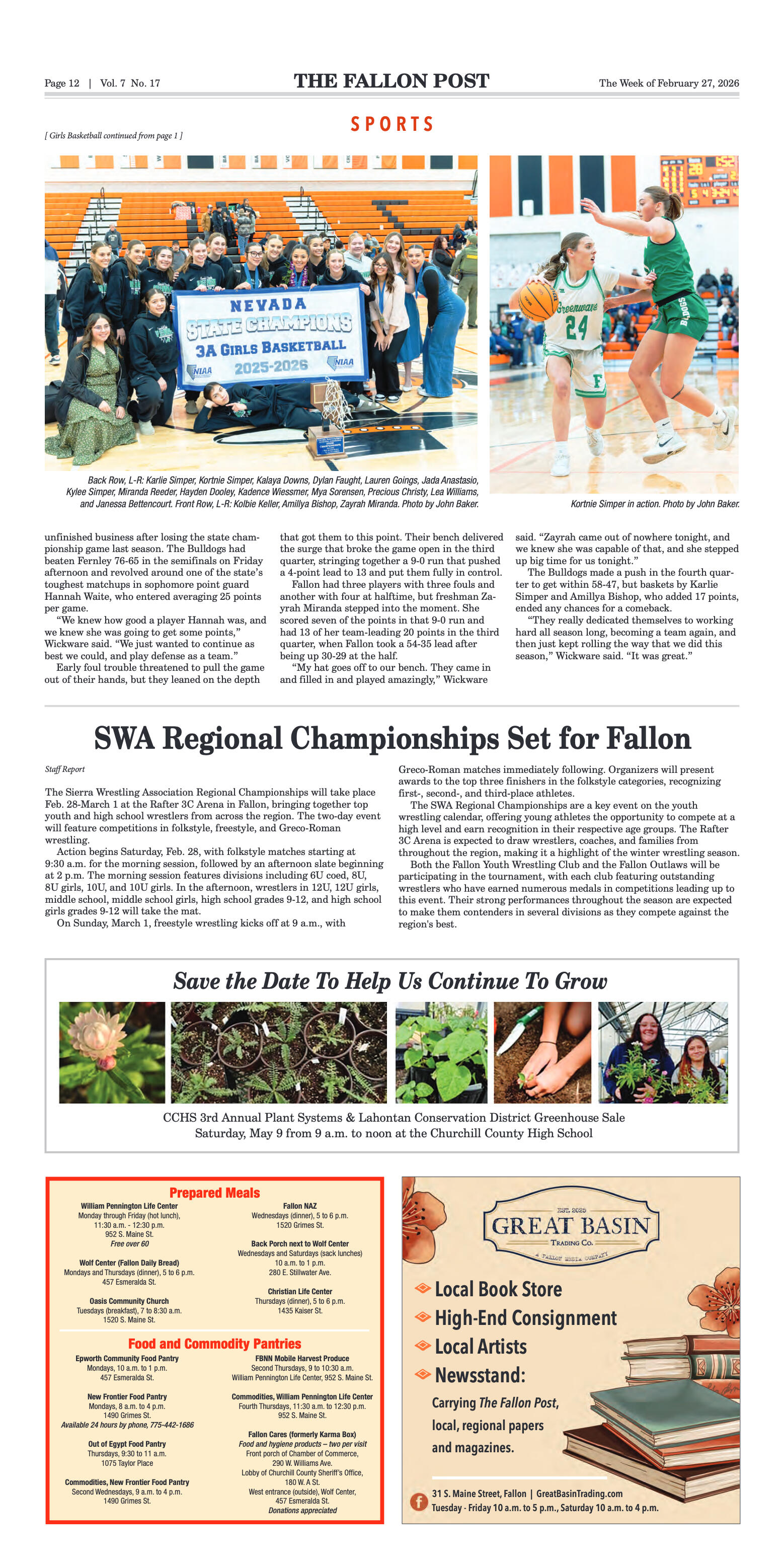
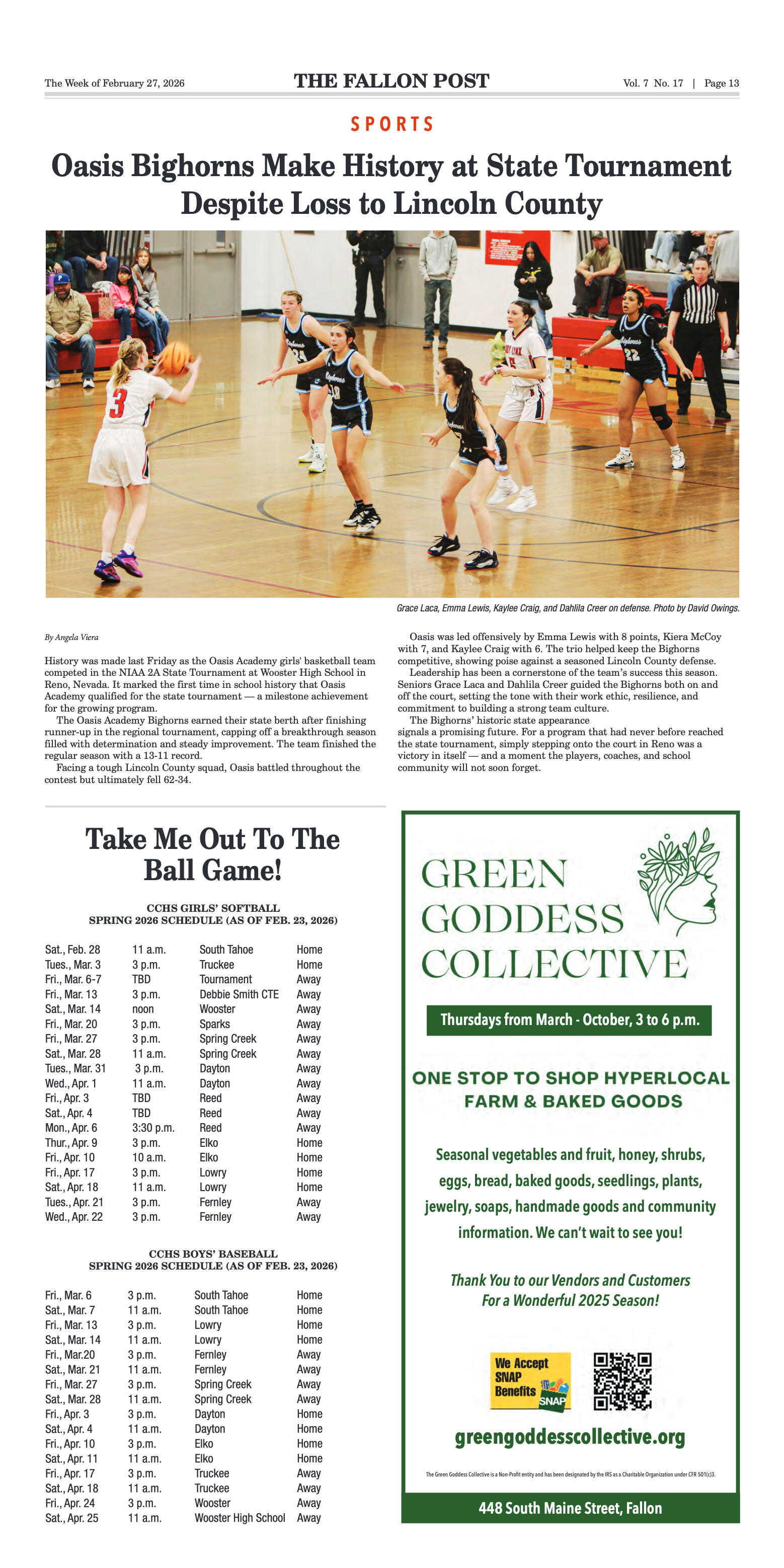
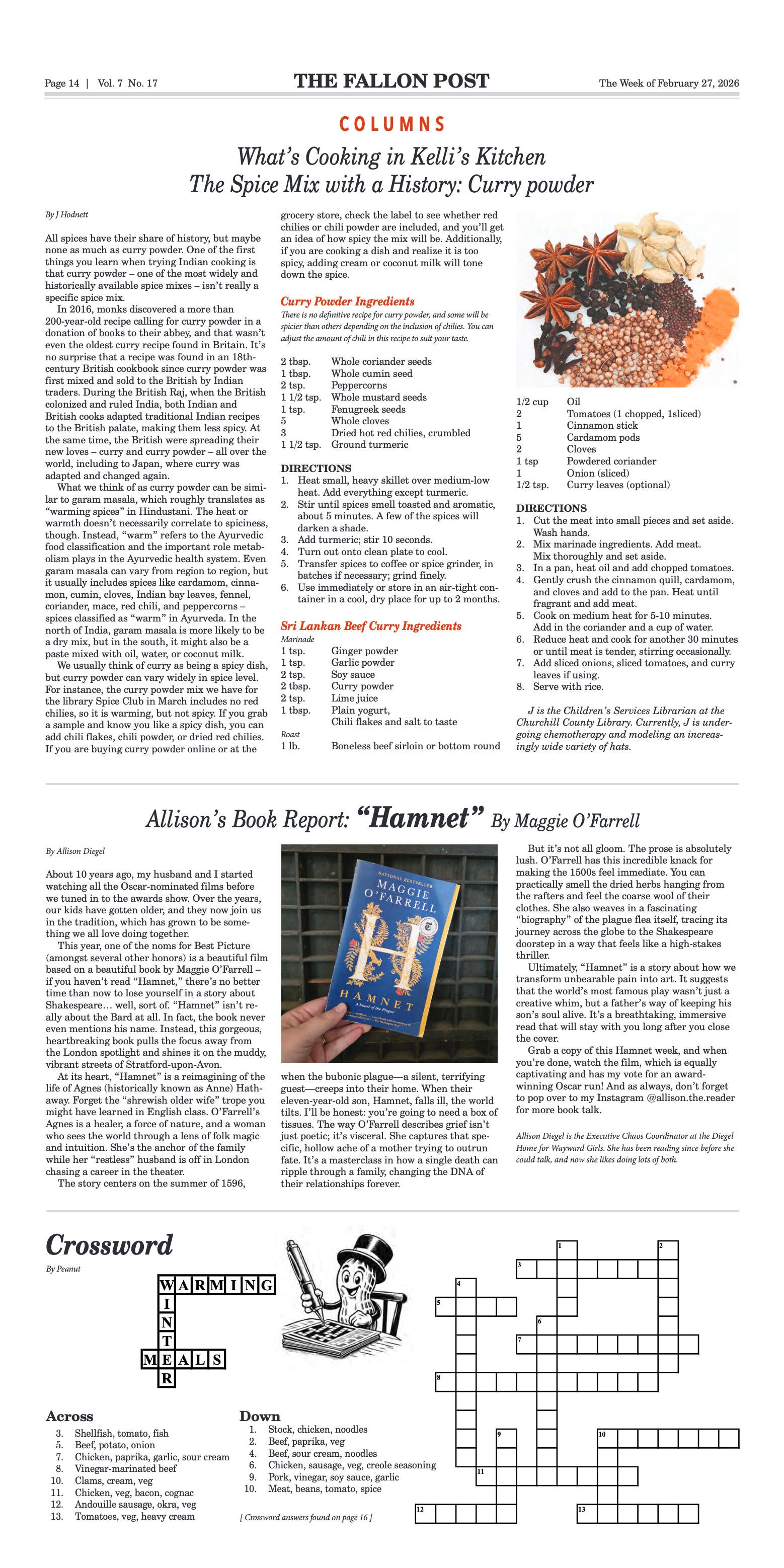
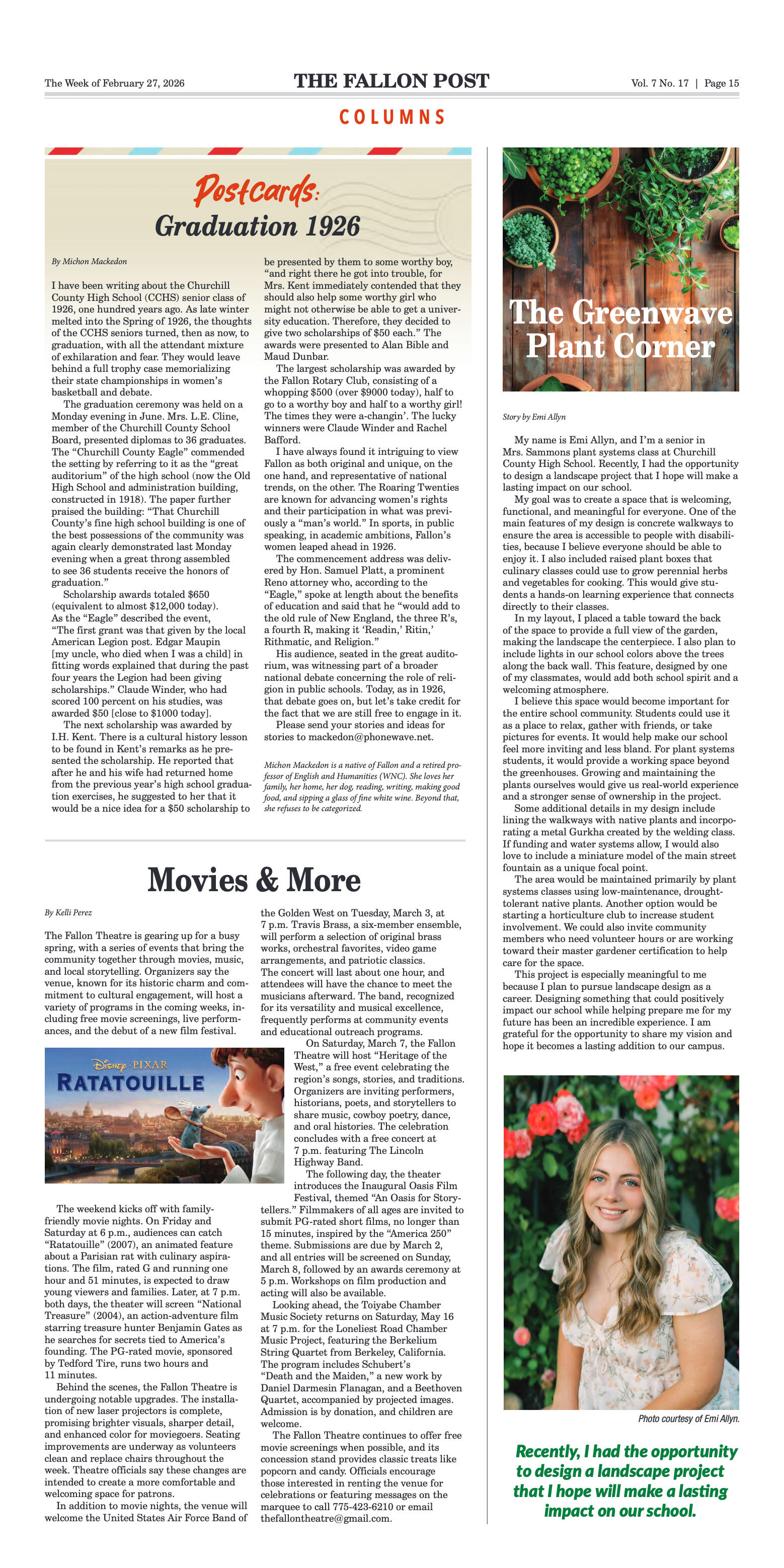
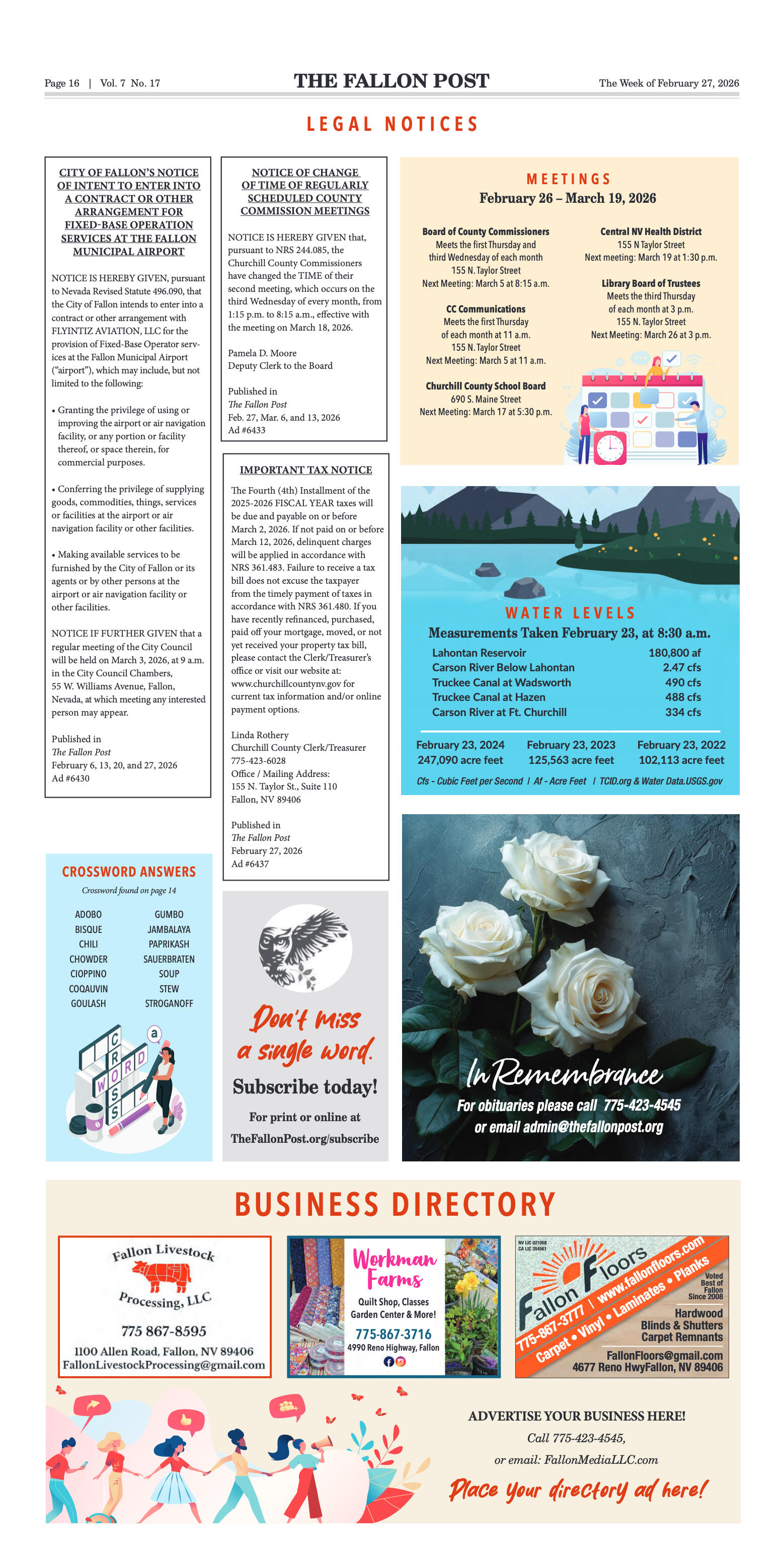




















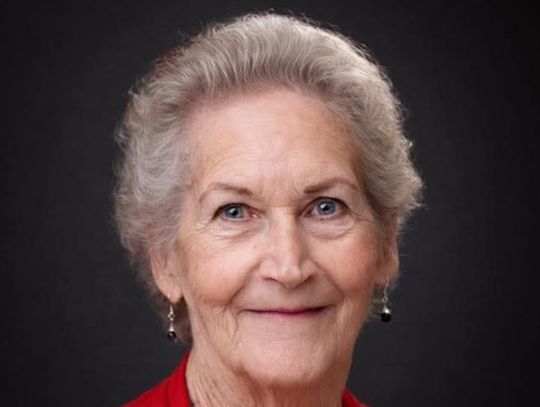

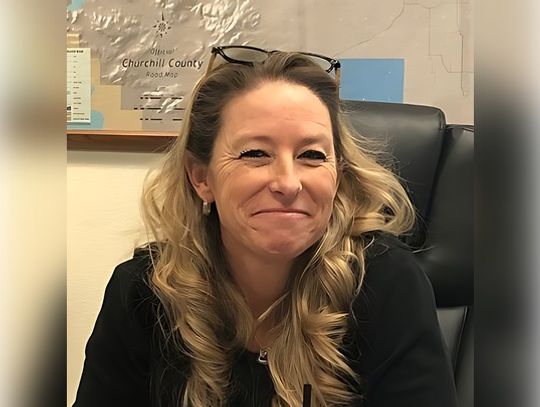



Comment
Comments